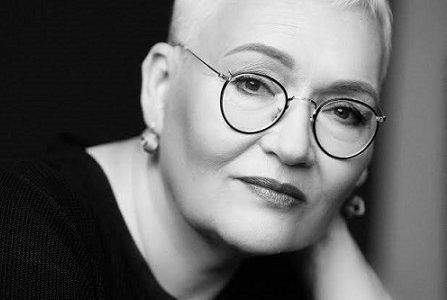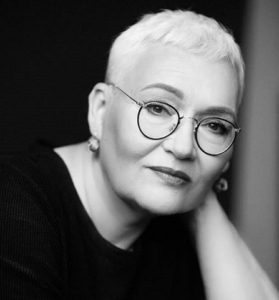by Aušra Maldeikienė
A half-year before her death, my aunt, who was then over 90, made a very unexpected comment: “Maybe it was a good thing they deported us to Siberia.” I simply froze for a second, unable to believe my ears, and my aunt went on: “Maybe God won’t be so wrathful when I die, and will forgive, because father gave that Jewish girl back to her relatives after three months. Maybe we have atoned for our guilt that way, because we were afraid of the neighbors.” That’s how I learned, three-quarters of a century from that horrific year 1941, another detail about the history of my family and also of my nation. A tragic detail.
The Holocaust isn’t just a great tragedy for our nation, it is the main stroke in the painting of our country’s future. The moral judgment of the Holocaust shows more than anything else the sort of society in which we live, and also what sort of future awaits us. There are two choices: either we honestly realize our moral responsibility for those events and, having come to terms with our limitations, create an ethical community, or we continue to look for justifications for what happened, and keep murdering over and over in that way. Not those who lie buried for decades along Lithuania’s dirt roads and forest margins, but now murder ourselves.
“How Did It Happen? Rūta Vanagaitė Interviews Christoph Dieckmann” is a book which every right-thinking Lithuanian needs to read. The book isn’t hysterical, every sentence is based on historical footnotes, the questions aren’t loaded, often compel thought, and the historian’s answers are terse and conspicuously complete. The authors of this book can be proud. Incidentally, the authors are a German historian who has been researching the Holocaust in Lithuania for over 20 years and Rūta Vanagaitė, whose reputation an aggressive mob has tried to ruin, but who remains unbowed.
The book is worth reading if you want to know how it all happened. But the most important thing isn’t just that: it’s not the tragic history of the Holocaust itself (which is more or less known) which compels reflection, but the raising of moral dilemmas concerning it or just the attempt to tie them together. “History is neither black nor white, it has many shades of grey,” Dieckmann says in the book, and it is exactly that messy, swampy wandering along the grey roads of considering the tragedy which lets us connect the past and future.
Seeking to answer the question of why during the war the absolute majority of the Jews who had lived here for centuries and almost 200,000 POWs were brutally, inhumanely violently murdered during the war, we have to take into consideration the souls of simple Lithuanians and the principles guiding the Lithuanian elite at that time, and the direction indicated by the moral compass, by the Church.
Full review in Lithuanian here.




